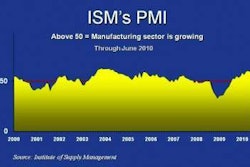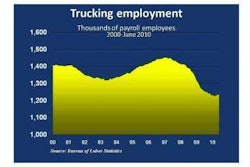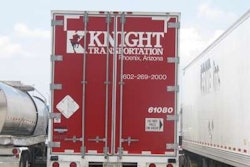
PHH Arval has announced the results of its annual industrywide survey of public- and private-sector fleet managers on the subject of the environment. The survey was designed to gauge fleet managers’ insights into environmental issues, how fleets are implementing solutions that would reduce their greenhouse gas emissions and more. For the second year in a row, the survey was distributed via the Web and included responses from a wide variety of fleet managers.
Following are highlights from some of the key findings:
• Almost half of all fleets (49 percent) are measuring emissions. In 2008, the first year we asked the question, slightly more than a quarter of all fleets (28 percent) were measuring their emissions. There have been significant gains in this area in the past two years;
• Despite the economic climate, there is continued interest in environmental issues. In all, 75 percent of respondents reported they had been asked about the environmental impact of their fleets in the last year; this compares to 74 percent in 2009 and has remained largely flat since 2007, the first year of the survey. Also, 68 percent of respondents said they have an environmental goal for their fleets, up slightly from last year. In addition, the economic climate accelerated progress for some respondents and slowed it for others; 28 percent said the economy accelerated their programs (compared to 21 percent last year), and 20 percent said it slowed their plans (compared to 9 percent last year);
• Cost continues to be a concern. Although the number of people that identify cost as a barrier to greening their fleets has fallen slightly each year, it continues to be significant at 42 percent (down from 46 percent in 2008). Also, 29 percent of respondents have been finding cost savings as they reduce emissions, up slightly up from last year (25 percent);
• Fleets focusing on driver behavior as a key way to reduce emissions. In all, 74 percent of fleet managers are reaching out to drivers to enlist their help with fleet environmental goals; and
• Fleets are cautious in adopting new or emerging alternative fuels. Respondents were asked about their current use and potential near-term use for a variety of fuel types, including electric, diesel and compressed natural gas. Conventional gasoline hybrids had the most acceptance, with every other technology trailing significantly.
For more details about these and other findings, go to www.phharval.com/greensurveyresults.










